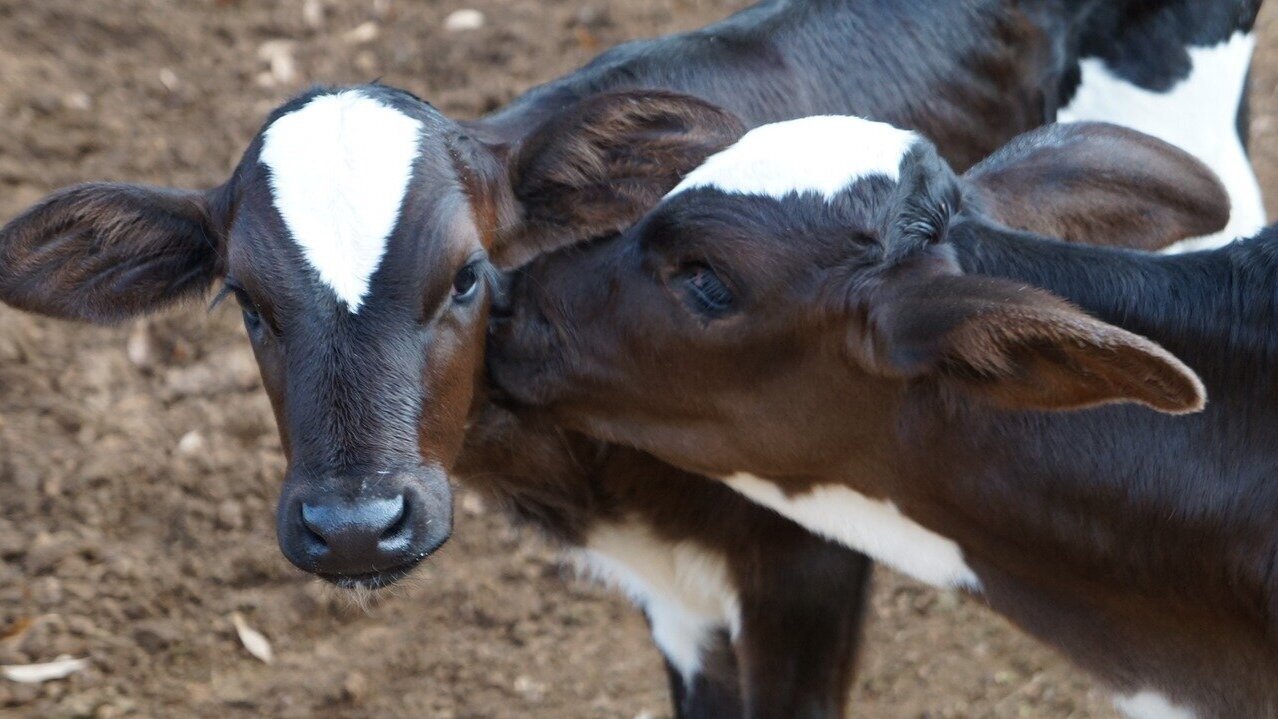Bipartisan bill aims to cut $400 million-worth of food waste by making it easier for students to switch cow’s milk for plant-based milk in US school lunches
National guidelines dictate that the school lunch program must include a carton of cow’s milk regardless of whether the child is lactose intolerant or would prefer an alternative, leading to 40 percent of cartons being thrown in the trash unopened.
A bill that would make it easier for students to access non-dairy milks at school lunches has been introduced in the US.
The Freedom in School Cafeterias and Lunches (FISCAL) Act would give schools the flexibility to be able to serve plant-based milk alternatives that are nutritionally equivalent to dairy milk.
The legislation would crucially help schools navigate existing national guidelines that typically mandate school meals must include a carton of cow’s milk.
If passed, the move would help cut food waste and offer fairer policies for students who are lactose intolerant or have other dietary factors.
The average US citizen may be surprised to learn that such a bill is required in order for schools to make these adjustments.
However, national school food policies have long favored the dairy industry, and this has generally given cow’s milk a stranglehold in the sector. The existing policies also are said to hold in place government red tape that effectively helps prevent non-dairy alternatives from being readily accessible.
This is all a result of the National School Lunch Program (NSLP), which currently requires that kids must have milk on their trays for the school to be reimbursed for the meal - regardless of whether the milk is suited for them or not.
Critics of this current policy say that it creates huge amounts of food waste, with USDA’s own findings reporting that 40 percent of the cartons of milk served in schools are thrown away unwanted and unopened. This level of food waste is estimated to amount to around $400 million tax dollars each year.
Pushing cow’s milk has also been labeled as unfair to the many students who have lactose intolerance or cannot have cow’s milk. It is thought that approximately half of the nearly 30 million kids benefiting from the school lunch program may have some degree of lactose intolerance.
The new bill introduced this week by Pennsylvania Senator John Fetterman (D-PA) says it will address these problems simply by updating the National School Lunch Program to incorporate the same dairy alternatives that are already used in other federal nutrition programs.
“This bipartisan bill cuts the unnecessary red tape in our nutrition assistance programs so students can access meals that work for them and their dietary needs,” said Senator Fetterman. “There are over 30 million food-insecure children in this country, yet current school lunch policies waste $400 million worth of food each year. Feeding our kids and keeping them healthy isn’t a red or blue issue.”
The FISCAL Act has already received bipartisan support from politicians including Senator John Kennedy (R-LA) and Senator Cory Book (D-NJ).
“Most of this nation’s children of color are lactose intolerant, and yet our school lunch program policy makes it difficult for these kids to access a nutritious fluid beverage that doesn’t make them sick,” said Senator Booker, in a statement of support for the bill.
Studies show that many people cannot digest lactose, including approximately 95% of Asian Americans, 60% to 80% of African Americans, 80% to 100% of American Indians, and 50% to 80% of Hispanics.
We Have A Favor To Ask…
Species Unite amplifies well-researched solutions to some of the most abusive animal industries operating today.
At this crucial moment, with worldwide momentum for change building, it’s vital we share these animal-free solutions with the world - and we need your help.
We’re a nonprofit, and so to keep sharing these solutions, we’re relying on you - with your support, we can continue our essential work in growing a powerful community of animal advocates this year.






